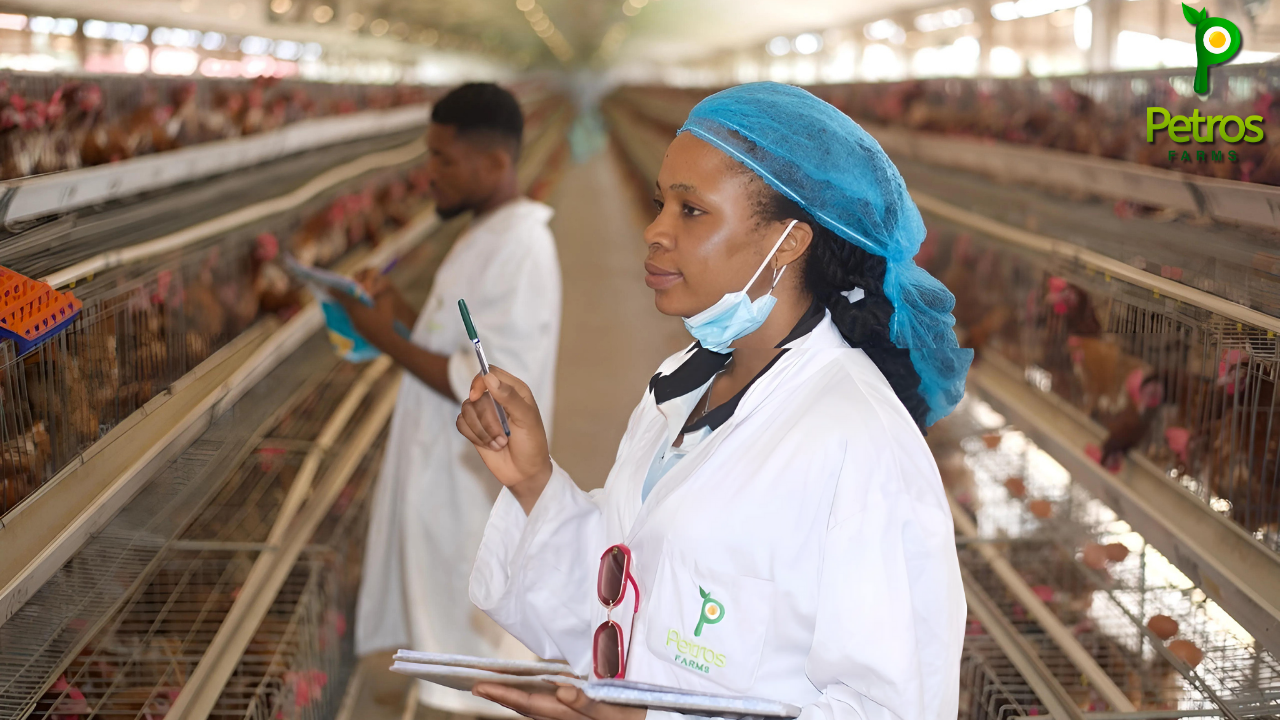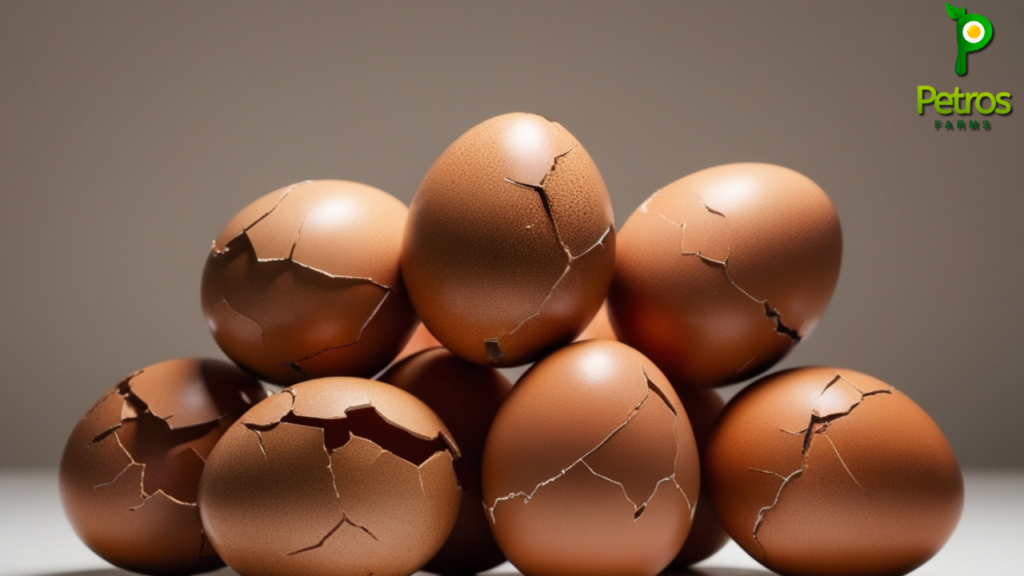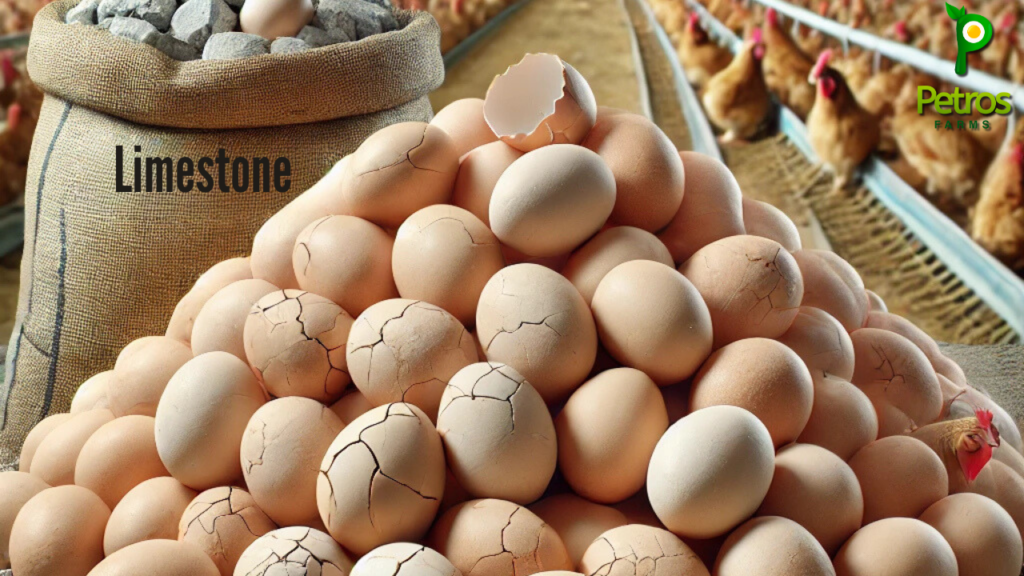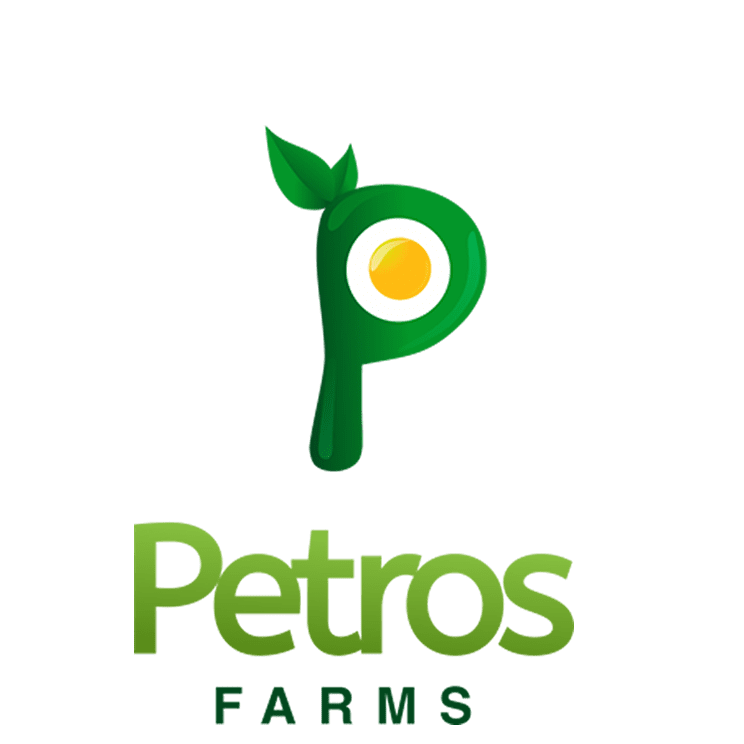15 Oct Goodbye to Egg Cracks: The Ultimate Guide for Chicken Feed
Introduction:
Cracked eggs are a common challenge for commercial poultry farms, particularly those raising layer chickens. However, with the right limestone chicken feed for egg cracks, you can drastically improve eggshell quality and reduce losses. Weak eggshells not only impact egg quality but also profitability, especially as feed costs rise. Fortunately, there is an affordable and effective solution—limestone supplementation.
In this article, we’ll explore how adding limestone to commercially available feed can enhance eggshell quality, reduce egg cracks, and ultimately boost your farm’s profitability.

Why Egg Cracks Are a Problem for Layer Chickens
For commercial poultry farms, egg cracks represent a major issue. Cracked eggs cannot be sold in premium markets, resulting in lost revenue. When feed costs are high, the impact becomes more significant. One of the primary reasons for this is not necessarily a lack of calcium, but inadequate calcium levels in commercially produced feed, which prevents hens from producing strong eggshells. Supplementing these feeds with limestone can resolve this issue effectively.
Inadequate Calcium in Commercial Poultry Feed
While commercial feeds for poultry often contain calcium, they may not provide sufficient levels for optimal eggshell quality in layer chickens. Calcium is crucial for eggshell formation, and inadequate calcium results in thin, fragile shells that are prone to cracking. Fortunately, supplementing your existing feed with limestone can help to address these calcium deficiencies and improve eggshell strength.
Limestone: A Calcium Powerhouse for Eggshell Quality
Limestone is rich in calcium carbonate, containing approximately 38 – 40% calcium. This makes it an ideal supplement to add to your commercially prepared feeds. Adding limestone provides an additional calcium boost that improves the structural integrity of the eggs, reducing cracks and enhancing overall egg quality. This simple, affordable solution can also improve your farm’s egg production and increase profitability.
Benefits of Limestone for Layer Chickens:
- Contains 38-40% calcium
- Strengthens eggshells
- Reduces egg cracks
- Improves egg production and profitability

Calcium and Chicken Feed

Limestone and Calcium
How to Supplement Commercial Poultry Feed with Limestone
When adding limestone to your poultry feed, it’s important to ensure the calcium levels are appropriate for the developmental stage of your hens. The correct balance of calcium is essential to avoid over-supplementing, which can lead to health issues. Below are the recommended calcium levels based on the type of feed:
- Grower Feed: 0.8-1% calcium
- Developer Feed: 1-1.5% calcium
- Pre-Layer Feed: 1.8-2% calcium
- Layer Feed: 3.5-4% calcium
For layer feed, you should add 2 to 4 kg of limestone per 1000 kg of feed. However, do not exceed 10 kg of limestone per 1000 kg of feed, as over-supplementing can harm your hens. Sticking to these guidelines ensures your hens receive the optimal amount of calcium to produce stronger eggshells and improve egg production.

Risks of Over-Supplementing Calcium in Poultry Feed
While limestone supplementation is an effective way to boost calcium levels, too much calcium can have adverse effects on your flock. Over-supplementing can lead to issues such as kidney damage and reduced feed efficiency. Always stick to the recommended dosages, even if you notice improvements in eggshell quality, and monitor your hens for signs of calcium imbalance.
Proper Limestone Storage to Maintain Calcium Potency
If you’ve supplemented your poultry feed with limestone but are still seeing egg cracks, the issue could be related to limestone storage. Limestone is highly absorbent and can lose its potency if exposed to moisture. To prevent this, store your limestone in a dry, moisture-free environment such as a dedicated warehouse. Proper storage ensures that the limestone maintains its calcium content and remains effective when added to feed.
Conclusion: Limestone Supplementation for Better Egg Production
Supplementing commercially available poultry feed with limestone is a cost-effective and straightforward way to improve eggshell quality and reduce egg cracks. By addressing inadequate calcium levels through proper supplementation, you can help your hens produce stronger eggshells, enhance overall egg production, and increase profitability.
Just remember to avoid over-supplementing and ensure proper limestone storage for the best results. Whether you’re managing a small farm or a large-scale commercial operation, supplementing with limestone can lead to significant improvements in egg quality and profitability for your business.
Top 5 Key Takeaways
- Why are my layer chickens producing cracked eggs?
Cracked eggs are often the result of inadequate calcium in the feed. Commercial poultry feed may not provide enough calcium for optimal eggshell formation, leading to weak, fragile eggs. Supplementing the feed with limestone can help strengthen eggshells and reduce egg cracks.
- How does limestone improve eggshell quality?
Limestone is rich in calcium carbonate, which contains about 38-40% calcium. This helps to improve the structural integrity of eggshells, making them stronger and less prone to cracking. Supplementing poultry feed with limestone ensures hens get the calcium they need for better eggshell quality.
- How much limestone should I add to my poultry feed?
For layer feed, it is recommended to add 2 to 4 kg of limestone per 1000 kg of feed. However, be careful not to exceed 10 kg per 1000 kg of feed, as over-supplementing calcium can negatively affect your flock’s health.
- What happens if I add too much limestone to the feed?
Over-supplementing calcium can cause health problems in your hens, including kidney damage and reduced feed efficiency. It is important to stick to the recommended dosages and monitor your hens for any signs of calcium imbalance.
- How should limestone be stored to maintain its effectiveness?
Limestone should be stored in a dry, moisture-free environment, such as a dedicated warehouse. Limestone absorbs moisture from the air, which can degrade its calcium content and reduce its effectiveness in the feed. Proper storage ensures the limestone retains its full potency.
Cheers.
Petros Farms
Share with:
